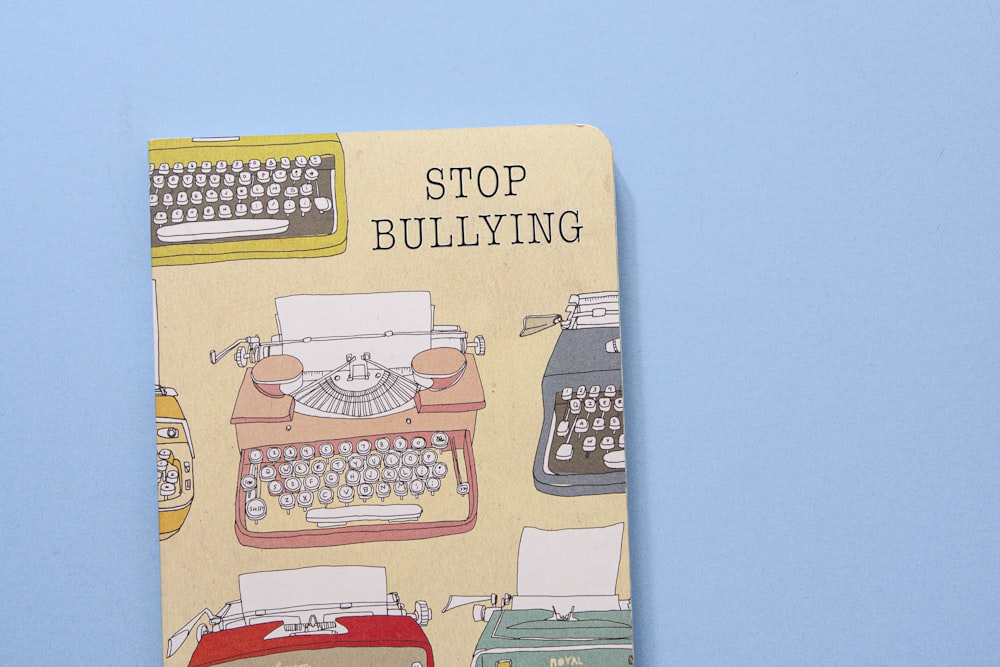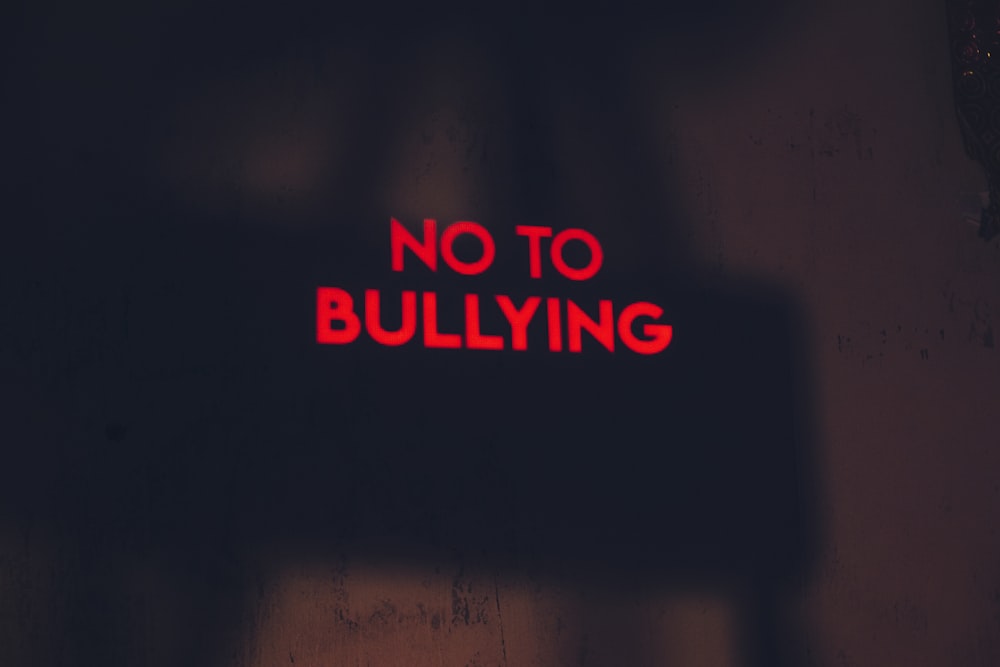He was in Grade 8 when his fellow student put a knife towards him.
“He held a knife to my throat.”
Bullying in Schools
According to Indicators of School Crime and Safety: 2019 and 2017 Youth Risk Behavior Surveillance System, around 20% of youths between the ages of 12 to 18 experience bullying. For students between Grade 9 to 12, around 19% of them reported being bullied in school.
Bullying refers to the action of humiliating or insulting others intentionally. This can include physical insult, mental humiliation, or social exclusion. For example, one of the most common ways that one can be bullied is being hit or punched by the bullies. Physical, mental, and social bullying are equally unacceptable in their malicious intent to hurt someone repeatedly. In the research from the US government, it is shown that the bullies are more often perceived as “having more money”, “having more social influence”, “having the ability to influence others’ perception” of the victims, and “having stronger physical stature or abilities.”
Bullying can happen anywhere. It can happen in the hallways, in the washrooms, in the corners of a street, or even online on the internet. It is important to notice that anyone is under the risk of being bullied, even though the victims themselves may not even notice it – they may be, out of no reason, become excluded from social cliques and groups in the school.
As an experience that can severely harm an individual’s self-esteem, other self-perceptions, and even their social stance in their schools, bullying is certainly not a pleasant phenomenon to be seen.
In the example in the start of this blog, this bullying incident was reported in October 2019 by CBC News. The victim was Austin deBussac, who appeared to be one of the many – many – victims of bullying. According to this report by CBC News, “13 percent of survey respondents said they were threatened with physical violence involving a weapon at least once from kindergarten to Grade 8.” More shocking to see was the prevalence of bullying in the province of Alberta: “In Alberta, it was 15 per cent. And among male students in Alberta, it was 22 per cent — more than one in five.”
As for the incident where his schoolmate put a knife to his throat, as Austin himself reflected after growing up, he “honestly didn’t believe him at the time when he said he was joking around.”
This event left, in Austin’s memory, an almost traumatizing mark ingrained in his heart. Terrifyingly this was not a single case – as shown by the statistics, it is about time for all of us to raise our attention towards bullying as a widespread problem in our schools.
What should you do when you are bullied?
Throughout recent years, public attention to bullying has risen significantly.
Now victims and parents of victims can reach out to a variety of support sources to help them combat the traumatizing effects bullying does. For example, the Alberta government has a website dedicated towards providing help for bullying victims. With this supportive program, victims can chat with a professional to learn information such as how to stay safe and the correct measures to take when being bullied.
The website link is here: https://www.alberta.ca/bullying-find-supports
Whenever an individual feels sad, depressed, or even desperate because of bullying, it is important to remember that there are always help and support that are available.




